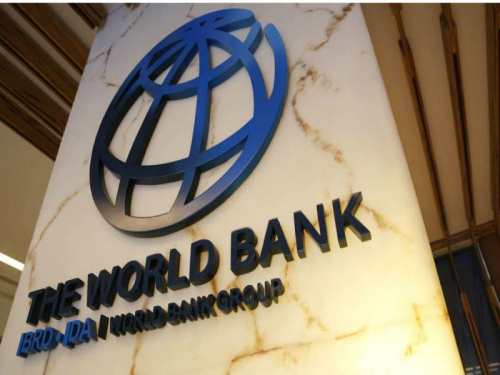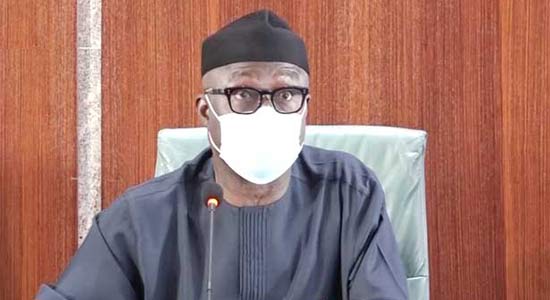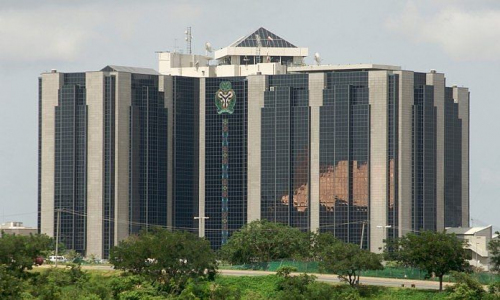Banking and Finance SECTOR INSIGHT 21/04/2022
World Bank Spends $11b On Vaccines In Nigeria, 80 Other Countries

The World Bank Group spent $11 billion on vaccination programmes in Nigeria and 80 other countries. The funding plan covers the COVID-19 inception to last June, its President David Malpass, has said.
Speaking yesterday at the opening conference of the World Bank/IMF Spring Meetings in Washington DC, Malpass, said the world needs to take important steps to address the current set of crises.
“One is to allow more trade. Market opening steps are very important. I think market opening steps by many of the advanced economies could add a lot to the global supplies and alleviate some of the impact on the poor countries. And they themselves need to build up their systems to produce more,” he said.
Malpass said there had been a shortage of investment, especially in the developing world, insisting that the global lender needs to find policies going forward that will add investments to emerging markets.
“One of the solutions for the world is to recognize that markets are forward looking. If you announced policies today, it has an immediate impact on where people begin to invest. I think the world can take steps to say that the capital allocation of global resources can be improved. What we have now is a capital allocation that leads to deep inequality,” he said.
He disclosed that inequality is growing worse, meaning that more countries falling further behind, not making advancements, and not having the investment that is needed.
“Some of that owes to the macro policies of the advanced economies. They’ve been borrowing very heavily from the global capital markets, which leaves less for other countries. That can be improved. And as central banks raise interest rates, it’s important for them to use all their tools and not be undercut by government demand stimulus. The central banks can use tools that add to supply and that allow capital allocation to be improved. I think that’s going to be vital,” Malpass stated.
He said markets were forward looking, and that announcements on currency stability have an impact and announcements on capital allocation have a positive impact, as the world tries to confront these various crises.
He said: “The debt crisis itself is a topic of extensive conversation this week, both at the IMF, at the World Bank, and among the G-20, and other shareholder groups that are forming this week. It’s vital and we know what the data shows: a huge buildup of debt, especially in the poorest countries. It’s important that the resolution process starts early.”



